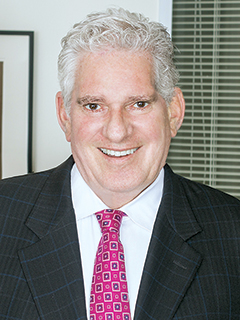
A former resident’s family member is bad-mouthing us on social media and in the press. While it is likely driven by grief, most of the information is false. What can we do? What should we not do?
While defamation against skilled nursing facilities and other long-term care facilities has been around as long as facilities have been operational, the popularity of social media allows defamatory content to reach a broad audience much more quickly.
When faced with negative online content, a provider should first analyze whether it is defamatory. Defamation — it’s called “libel” for written statements — generally means a false statement of fact that is published and that is injurious to the facility’s reputation. A blog post, a Facebook post or a “tweet” satisfies the publication requirement. A post that expresses an individual’s opinion is not considered eligible to be defamation.
The strength and scope of a facility’s response will vary based on the particular circumstances.
The initial goal should be to resolve the issue. The facility should start by requesting that the post/comment be removed. For example, Facebook has a “report” feature. If the statements were published in a newspaper or periodical, the facility should reach out to the publication to request a retraction — and removal of any corresponding online content.
A facility should not pursue litigation unless it can prove that it has been harmed by the defamatory postings. If it has documentation that potential residents requested refunds of their deposits, citing the defamatory statements as the reason, for example, and these damages are significant to the facility, it should contact counsel to discuss pursuing a claim in state court.
From the February 01, 2016 Issue of McKnight's Long-Term Care News




